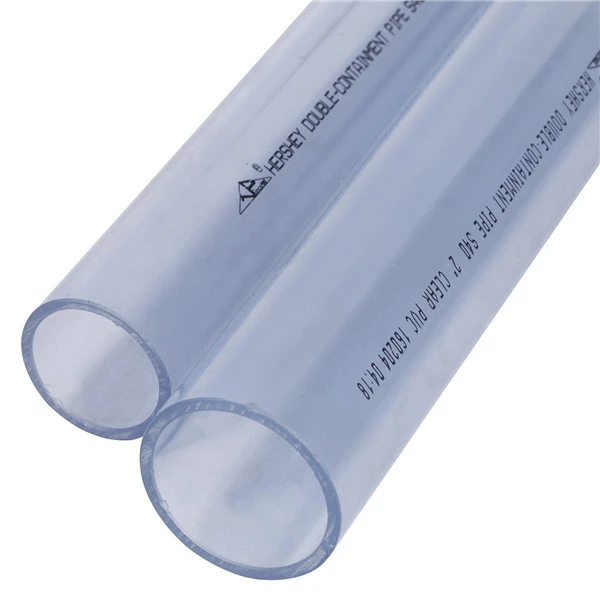Nov . 02, 2024 02:34 Back to list
hdpe sewer pipe
Understanding HDPE Sewer Pipes A Modern Solution for Waste Management
High-Density Polyethylene (HDPE) sewer pipes have emerged as a popular choice in the construction and civil engineering sectors, particularly for wastewater management systems. These pipes are manufactured from thermoplastic materials known for their strength, flexibility, and resistance to corrosion, making them an exceptionally effective solution for underground sewer systems.
What is HDPE?
HDPE is a type of plastic that is known for its high strength-to-density ratio. This material is derived from petroleum and is characterized by its dense molecular structure, which lends it remarkable properties. HDPE pipes are typically used in various applications, including water distribution, irrigation, gas distribution, and especially in sewer systems for both residential and commercial use.
Advantages of HDPE Sewer Pipes
1. Durability One of the most significant advantages of HDPE sewer pipes is their durability. These pipes are resistant to a wide range of chemicals, which helps them avoid deterioration over time. Unlike traditional materials, such as concrete or clay, HDPE is less susceptible to cracks and breaks, which can lead to leaks and costly repairs.
2. Flexibility HDPE pipes offer superior flexibility compared to rigid materials. This characteristic allows them to withstand ground movements and vibrations, making them ideal for areas prone to seismic activity. Their adaptability also simplifies the installation process, as they can be bent and shaped to navigate complex terrains easily.
hdpe sewer pipe

3. Lightweight The lightweight nature of HDPE makes transportation and installation more manageable and cost-effective. Construction crews can handle these pipes with less labor and equipment, reducing overall project expenses.
4. Smooth Interior Surface The internal surface of HDPE pipes is smooth, which promotes excellent flow characteristics. This feature minimizes friction losses, enhancing the efficiency of wastewater transportation and reducing the risk of blockages.
5. Environmental Impact HDPE is an environmentally friendly option as it is 100% recyclable. In addition, its long lifespan reduces the need for frequent replacements, which means fewer resources are consumed over time. Moreover, HDPE pipes do not leach harmful substances into the soil or groundwater, ensuring the protection of the surrounding environment.
Applications of HDPE Sewer Pipes
HDPE sewer pipes are frequently used in various applications, including municipal wastewater systems, industrial wastewater disposal, and residential sewer lines. Their effectiveness and reliability make them a go-to solution for engineers and planners tasked with developing sustainable infrastructure.
Conclusion
Overall, HDPE sewer pipes represent a significant advancement in sewerage technology. Their unique properties make them an ideal choice for modern waste management systems, blending durability, flexibility, and environmental sustainability. As cities and municipalities continue to upgrade their aging infrastructures, the adoption of HDPE pipes is likely to increase, paving the way for more efficient and reliable sewer systems. With the growing emphasis on sustainable practices in construction, HDPE stands out as a formidable option that meets both current and future waste management needs.
-
High-Quality PPR Pipes and Fittings Durable ERA PPR & PVC PPR Solutions
NewsJul.08,2025
-
Black HDPE Cutting Board - Durable, Non-Porous & Food Safe HDPE Plastic Cutting Board
NewsJul.08,2025
-
High-Quality CPVC Panel Durable HDPE & PVC Panels Supplier
NewsJul.08,2025
-
Double PE Welding Rod Supplier - High Strength, Durable & Versatile Welding Solutions
NewsJul.07,2025
-
High-Quality PVC-O Pipe Supplier Durable 75mm PVC Pipe & Connections Leading PVC Pipe Company
NewsJul.07,2025
-
HDPE Drainage Pipe Supplier – Durable & Corrosion-Resistant Solutions
NewsJul.06,2025

